Greek Foreign Minister Giorgos Gerapetritis paid a visit to Istanbul late Wednesday, where he met Fener Greek Orthodox Patriarch Bartholomew and members of the small Greek community in the city. In statements to journalists on the sidelines of his visit, the minister expressed hope for the reopening of Halki, or Heybeliada, Seminary, which trained clerics of the patriarchate. The minister stated that he had discussed the matter with the patriarch.
“Our hope is that it will one day reopen. This would be a powerful symbol of universality, tolerance and culture,” the minister was quoted by the Greek media.
The seminary, located in Heybeliada of the Princes’ Islands off the coast of Istanbul, was closed in 1971 when new regulations imposed by the state required such schools to either change their status to a university or become an affiliate of existing theology schools at Turkish universities that teach courses on Islam. The patriarchate, which operates the seminary, refused to be governed by the Turkish Higher Education Board. The patriarchate’s move was viewed as a bid to reaffirm its self-styled autonomy, which exacerbated tensions and kept the historic building closed for decades.
The Fener Greek Orthodox patriarch is the spiritual leader of the Greek Orthodox community in Türkiye and other countries, although his claim to “ecumenical” status has been a source of concern for secular Türkiye.
In the mid-19th century, Halki Seminary was established during a period of significant transformation for the Greek Orthodox Church, which sought to preserve its identity amid the declining influence of the Ottoman Empire. The seminary provided a rigorous education in theology, philosophy and the arts, fostering a generation of educated clergy capable of leading the Orthodox community both spiritually and intellectually.
Halki quickly gained a reputation as the premier institution for Orthodox theological education, attracting students from Greece, the Balkans, the Middle East and parts of Eastern Europe. Its curriculum encompassed Orthodox doctrine, biblical studies, liturgics and pastoral care, preparing graduates for leadership roles within the Church.
The early 20th century marked a tumultuous period for the seminary and the Greek Orthodox community in Türkiye. The aftermath of World War I and the Turkish War of Independence led to significant political changes and social upheaval in the region. The 1923 Treaty of Lausanne established the modern boundaries of Türkiye and facilitated a population exchange between Greece and Türkiye, impacting the status of religious minorities in both countries. During the subsequent decades, the seminary faced increasing restrictions.
Education Minister Yusuf Tekin and religious authorities visited the seminary in June 2024, characterizing the visit as exploratory. The minister emphasized that decisions regarding its future ultimately rest with President Recep Tayyip Erdoğan and the foreign minister. Tekin expressed a personal desire for the seminary’s reopening to reflect Türkiye’s democratic maturity and its approach to secularism.

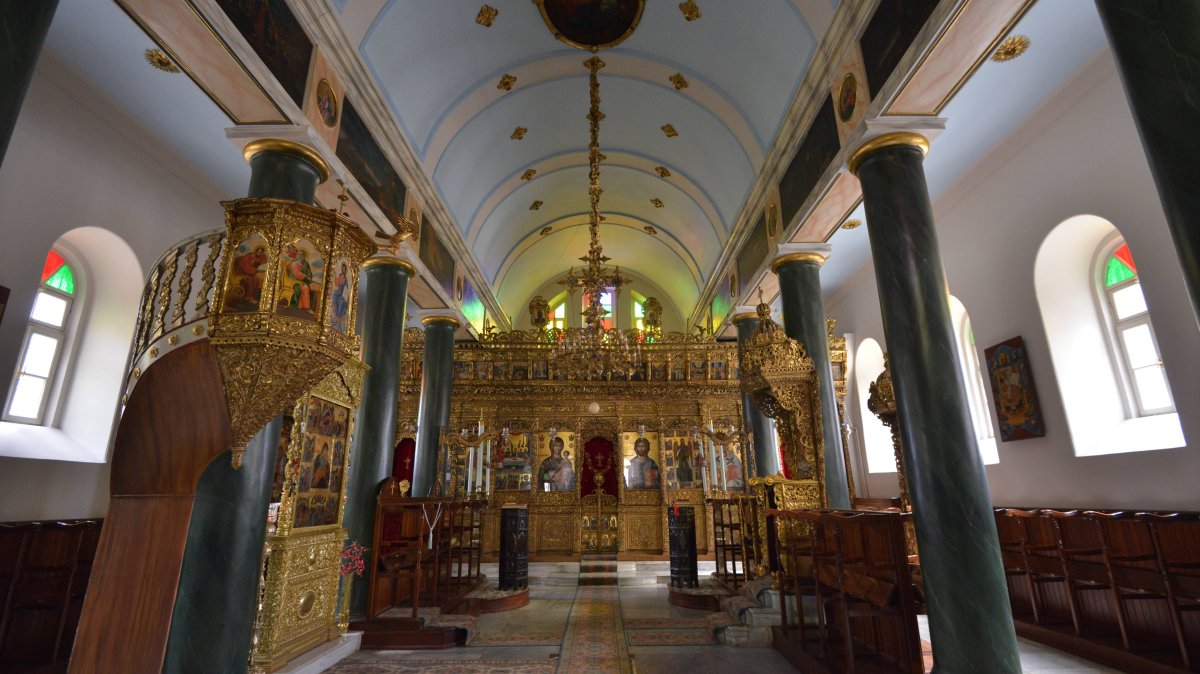
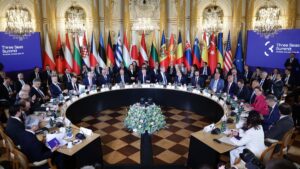
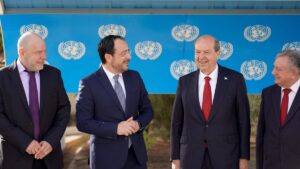
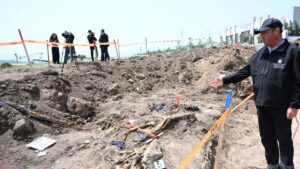
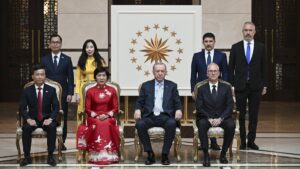
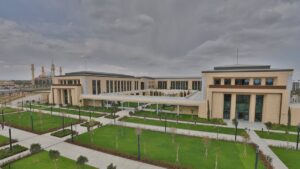


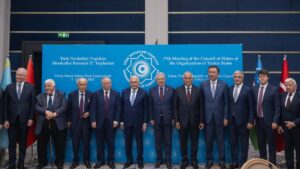
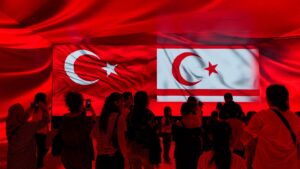
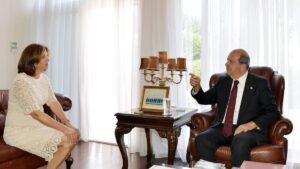
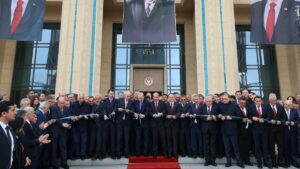
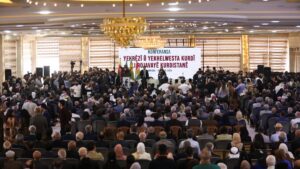
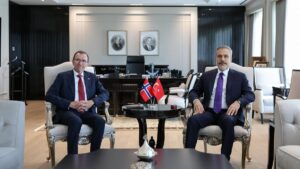
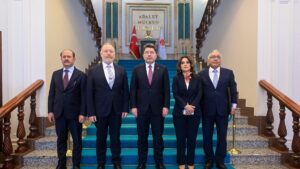


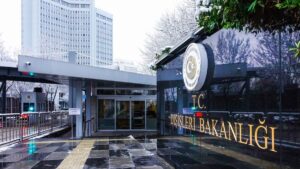

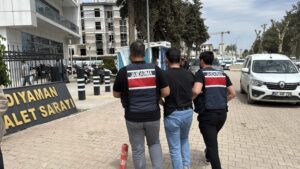
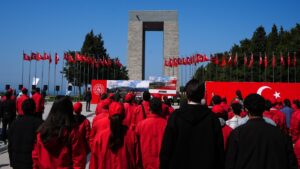

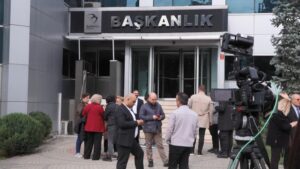
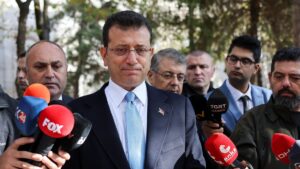
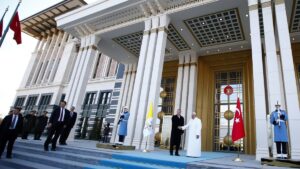
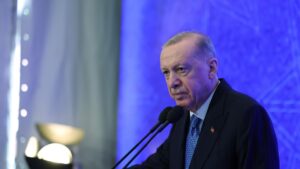
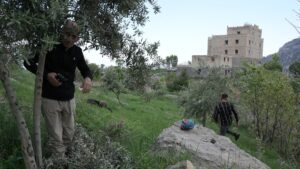
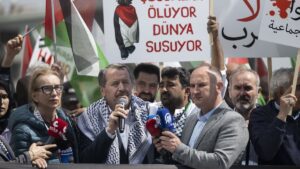

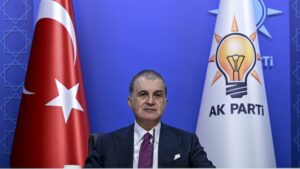
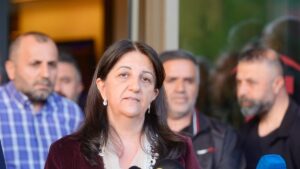

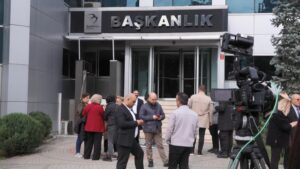
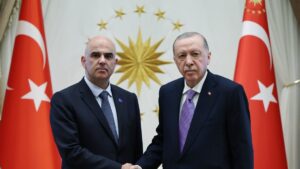

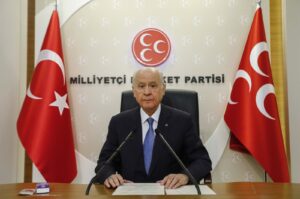
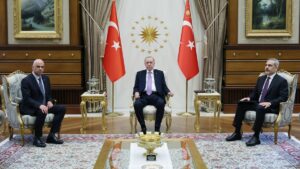
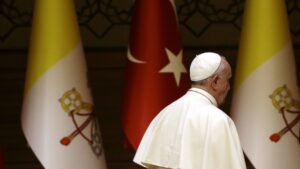
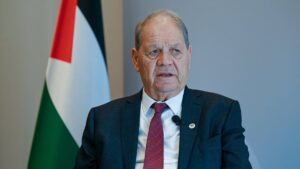
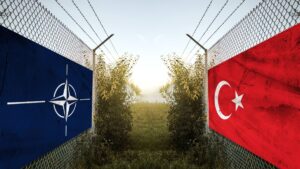

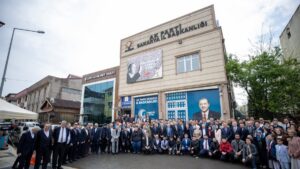

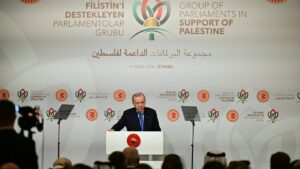
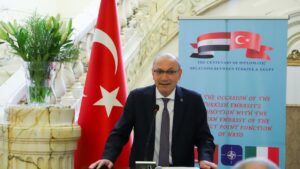
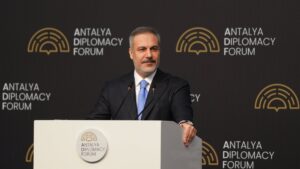

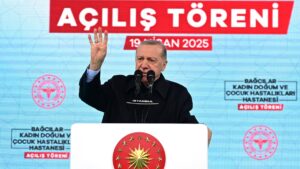
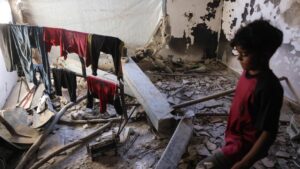
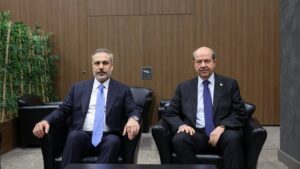

Be First to Comment